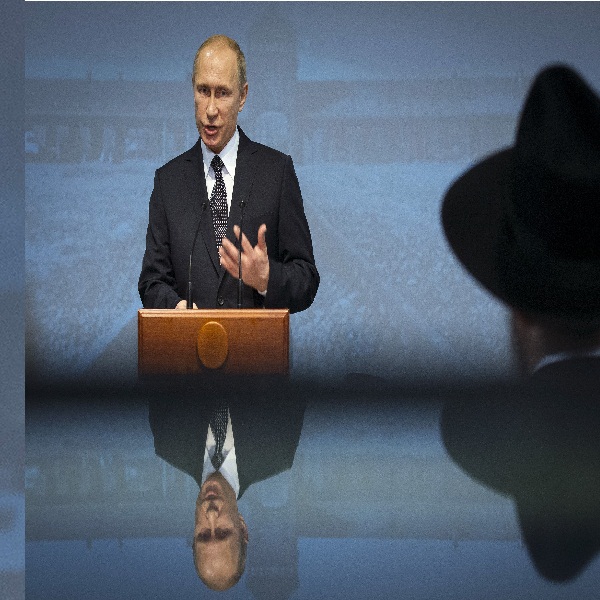Roskomnadzor, Russia's telecom oversight agency and media regulator, recently warned Russian citizens about possible implications of posting memes over the Internet.
The agency did not entirely ban the use of meme within Russian net space but only those that depict real people in such a way that does not reflect their "personality," according to Washington Post.
Russian social media site VKontakte made the announcement and further explained the laws that govern the distribution of a person's digital image, especially those being used in memes.
Washington Post translated Roskomnadzor's released statement saying, "These ways of using [celebrities' images] violate the laws governing personal data and harm the honor, dignity and business of public figures." Roskomnadzor added that parody accounts along with parody websites impersonating a person without consent will be considered illegal.
The announcement clearly states that any individual who believes that the image was unjustly used by a site or a meme can report to the Roskomnadzor and the agency can file proper claims in court. Additionally, websites found violating the law will be given the chance to voluntarily block/remove the content or have its whole website completely blocked along Russian net space.
The Russian government established Roskomnadzor three years ago and since its inception, the agency has carved a name for itself as the country's premier speech censor. Some of the agency's most prolific operation include the shutting down of more than 180 websites that post or discuss topics and concerns that could prove damaging to Russian interests.
In August 2014, Russia enacted a law that enforces bloggers receiving more than 3,000 daily reader to register with Roskomnadzor, according to Ars Technica. Additional provisions of the law stated that data coming from social media outlets, whether based in Russia or not, should be stored within Russian boundaries in order for the government to have access to it any time.
Internet analysts were pointing huge implication that this rule will bring upon Russia's internet activity.


